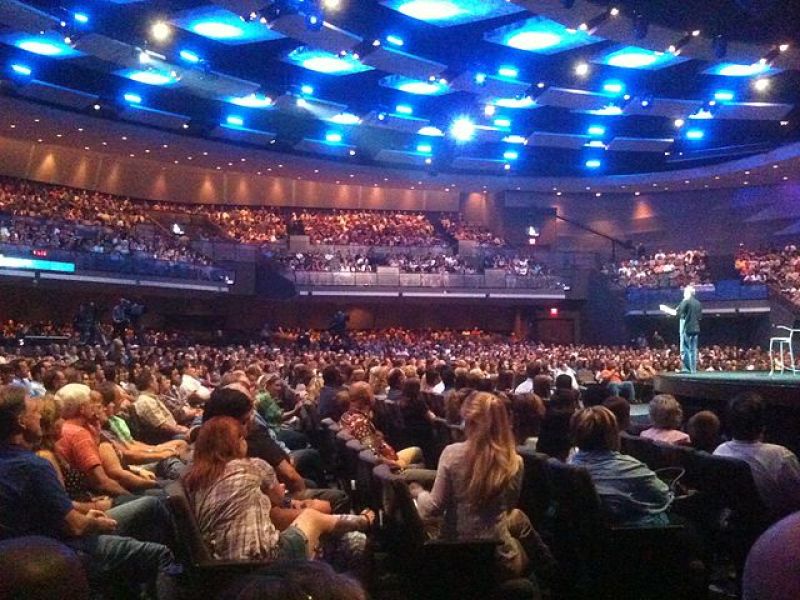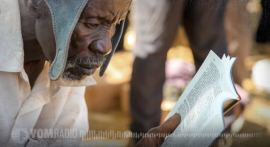
A new Gallup study found that nearly 80 percent of US adults who were surveyed identified with a religion, but 70 percent say that religion is losing its importance in the US society.
As many as 74 percent of Americans identified with a Christian religion, and only some five percent with a non-Christian one.
About 18.2 percent did not have any religious identity, and 2.6 percent did not give any response.
Among the Christian population, 48.9 percent were Protestants and 23 percent were Catholic. Jews comprised of 2.1 percent of the US population, Muslims 0.8 percent, and other religions 2.5 percent.
The most conspicuous trend found by the study was a shift away from identification with formal religion in recent years. The difference is significant when surveys conducted in the 1940s and 1950s are compared with those from this decade.
In 2016, about 21 percent of adults did not have a formal religious affiliation, while about 70 years ago, only 2 to 3 percent of the population was unaffiliated.
According to the survey, the number of those who cite no religious affiliation increased sharply in 1970s, reaching 10 percent in 1990. The number continued to rise in subsequent decades.
Church membership has also continued to decline since the last seven or eight decades. In 1937, as many as 73 percent of Americans were members of a church. In the 1980s, the proportion of church membership dropped to 60 percent. In 2015, it was recorded at its lowest point in history at 54 percent. However, this year it slightly increased to 56 percent.
Also, 53 percent of Americans say that religion is "very important" in their lives. In 1965, it was "very important" for 70 percent of the population.
Unsurprisingly, now more Americans say that religion is less influential in American life, than as perceived decades earlier. In 2016, 72 percent of US adults said that religion is losing its influence in society. This perspective has remained more or less constant for the past eight years.
Religious divide was apparent along the party lines. Republicans were three times more likely to be religious than Democrats and Independents, based on their church membership status and the priority they give to religion in their life. Only 20 percent of Republicans reported no religious affiliations, as compared to 37 percent of the Independents and Democrats.

















